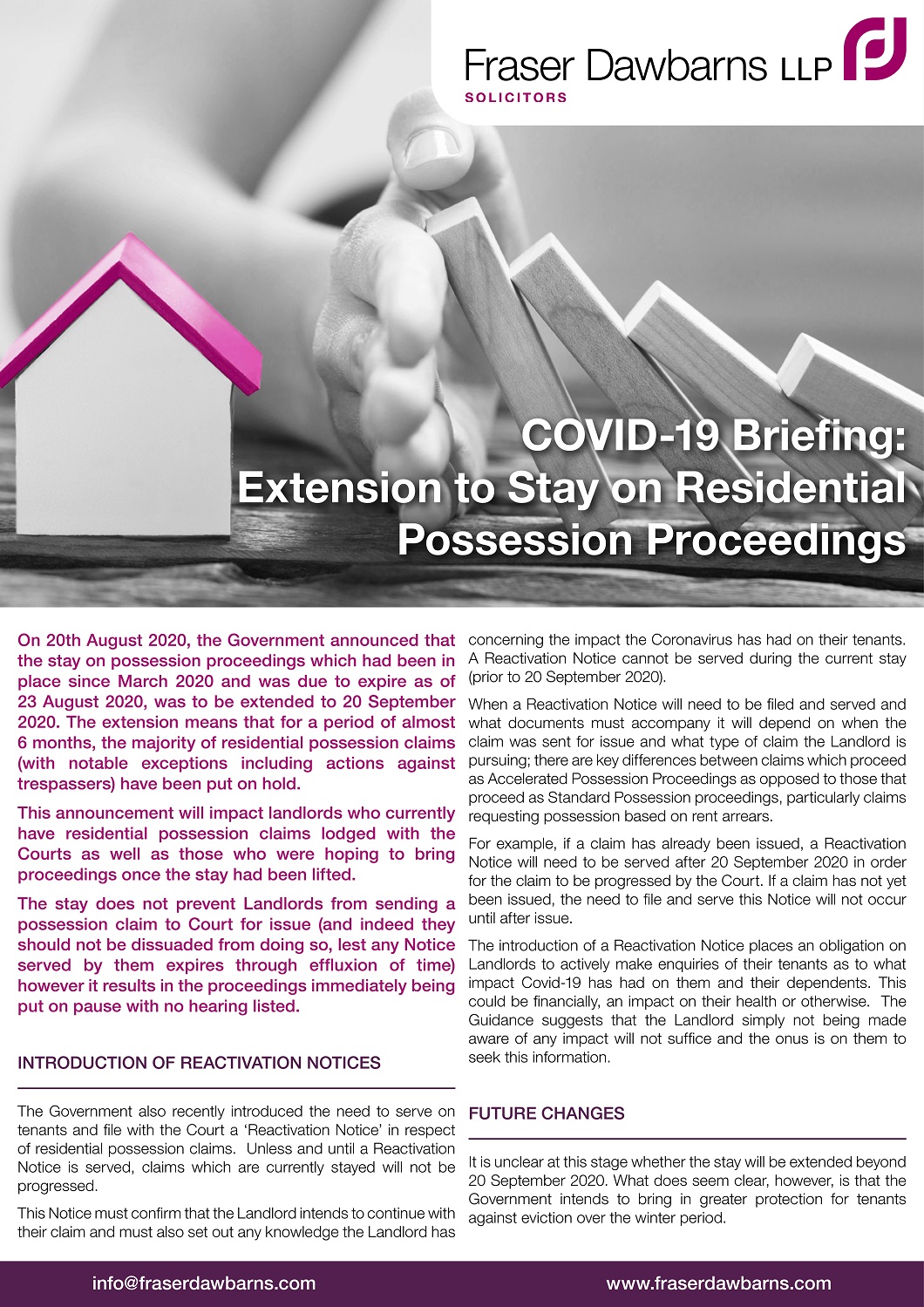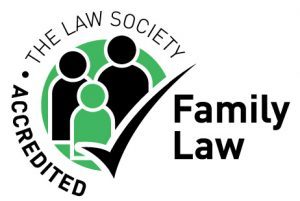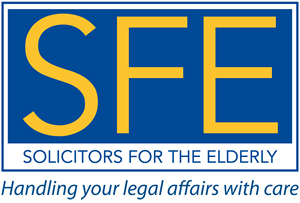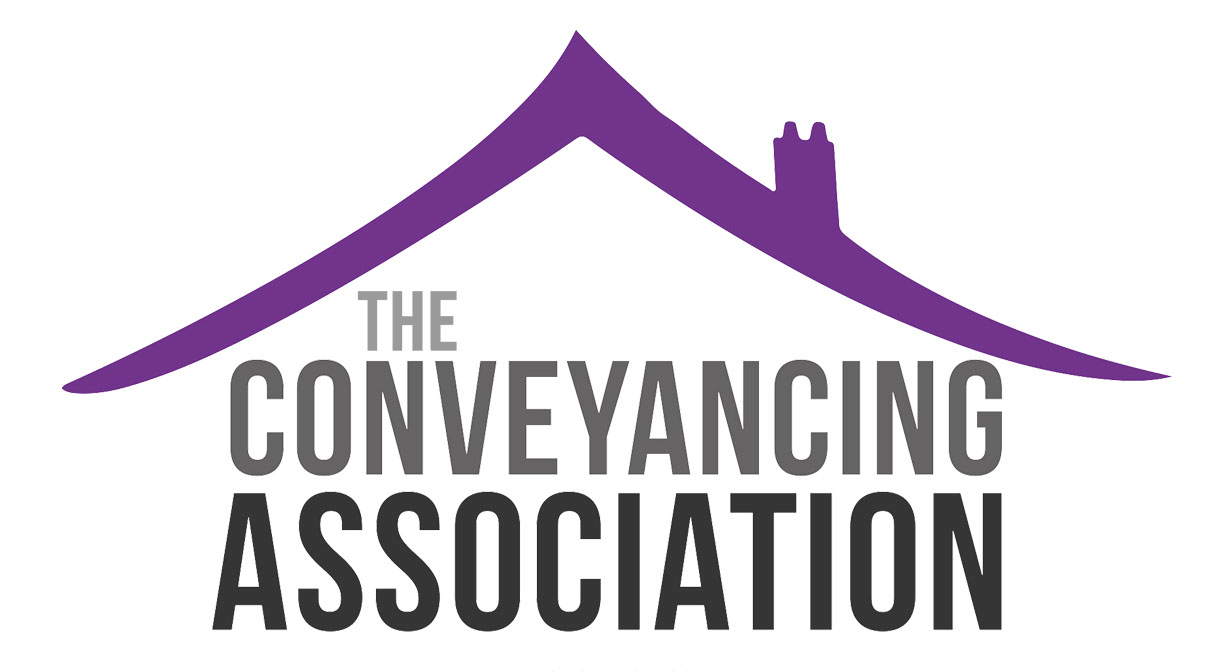COVID-19 Briefing: Extension to Stay on Residential Possessions
On 20th August 2020, the Government announced that the stay on possession proceedings which had been in place since March 2020 and was due to expire as of 23rd August 2020, will now be extended to 20th September 2020. The extension means that for a period of almost 6 months, the majority of residential possession claims (with notable exceptions including actions against trespassers) have been put on hold.
This announcement will impact landlords who currently have residential possession claims lodged with the Courts as well as those who were hoping to bring proceedings once the stay had been lifted.
The stay does not prevent Landlords from sending a possession claim to Court for issue (and indeed they should not be dissuaded from doing so, lest any Notice served by them expires through effluxion of time) however it results in the proceedings immediately being put on pause with no hearing listed.
Introduction of Reactivation Notices
The Government also recently introduced the need to serve on tenants and file with the Court a ‘Reactivation Notice’ in respect of residential possession claims. Unless and until a Reactivation Notice is served, claims which are currently stayed will not be progressed.
This Notice must confirm that the Landlord intends to continue with their claim and must also set out any knowledge the Landlord has concerning the impact the Coronavirus has had on their tenants. A Reactivation Notice cannot be served during the current stay (prior to 20 September 2020).
When a Reactivation Notice will need to be filed and served and what documents must accompany it will depend on when the claim was sent for issue and what type of claim the Landlord is pursuing; there are key differences between claims which proceed as Accelerated Possession Proceedings as opposed to those that proceed as Standard Possession proceedings, particularly claims requesting possession based on rent arrears.
For example, if a claim has already been issued, a Reactivation Notice will need to be served after 20 September 2020 in order for the claim to be progressed by the Court. If a claim has not yet been issued, the need to file and serve this Notice will not occur until after issue.
The introduction of a Reactivation Notice places an obligation on Landlords to actively make enquiries of their tenants as to what impact Covid-19 has had on them and their dependents. This could be financially, an impact on their health or otherwise. The Guidance suggests that the Landlord simply not being made aware of any impact will not suffice and the onus is on them to seek this information.
Future Changes
It is unclear at this stage whether the stay will be extended beyond 20 September 2020. What does seem clear, however, is that the Government intends to bring in greater protection for tenants against eviction over the winter period.
At the same time as announcing that the stay would be extended, the Government also advised that it intends to extend the period of Notice required to be served by Landlords from 3 months (as previously extended due to the Coronavirus) to 6 months. This means that Landlords, save for a few exceptions, will soon have to serve their Tenants with 6 months’ Notice before they are in a position to commence possession proceedings against them. This could have serious consequences for landlords who are not receiving any rent for the duration of this period.
For the sake of clarity, this extension does not relate to Reactivation Notices; the Notice period referred to is that which must be given when issuing for example a Section 21 Notice or Section 8 Notice prior to commencing proceedings.
This change has not been brought into effect at the time of writing but we expect the change to be made imminently. It is unclear whether there will be sufficient time to serve notices before this change comes into force but Fraser Dawbarns suggests that any Landlords considering whether or not to serve a Notice on their tenants (be this a Section 21 Notice or otherwise) attend to this sooner rather than later in the hope that they will be in a position to serve 3 months’ notice rather than 6 months’ notice.
We understand that this is an incredibly difficult time for Landlords and we would like to remind you that we are always here to provide advice and assistance throughout these times.
The requirements which Landlords must meet to serve valid Notice and to thereafter obtain possession of their property are already complex and time consuming and it is therefore of more importance now than ever, with longer notice periods soon to be put in place, to ensure that all requirements are met to prevent any further delays. We will be pleased to assist you and guide you through this process.
Peace of Mind through difficult times
In uncertain times, the only thing we can say for certain is that nothing will stay the same for long.
It is entirely possible, therefore, that new legislation will have been introduced which will mean that all or part of this briefing no longer reflects the current law.
Because of this, we ask you to consider that, although correct at time of printing, information in this sheet may no longer be up to date and it is always best practice to consult with a lawyer about anything contained in this briefing.
Our lawyers are available to help answer any of your questions about this or any other legal concern you have.
Please contact Fraser Dawbarns directly for up-to-date information on your specific circumstances.
This Guide was prepared on 2nd September 2020
New laws are being introduced and current legislation is regularly being updated. Although every effort has been made to ensure that information contained in this sheet is accurate, it may no longer be current at the time of reading. We strongly recommend consulting with a lawyer about your specific circumstances.
Read our Other COVID-19 Briefings
Our COVID-19 Guides contain useful information on how the coronavirus pandemic and the lockdown have affected legal services and everyday life across the UK.
- Clinical Negligence and the Coronavirus
- Could an LPA Have Helped Me During the Lockdown?
- Dispute Resolution During the Pandemic
- Force Majeure and Frustration
- Coronavirus and Business Interruption Insurance
- Winding Down the Furlough Scheme
- Child Maintenance on a Reduced Income
- Reopening the Housing Market
- Life After Furlough
- The Changing Face of Litigation
- Holding Company Meetings During Lockdown
- Recovering Debts While Under Lockdown
- Making or Amending a Will Under Lockdown
- Commercial Lasting Powers of Attorney
- The Three Month Ban on Evicting Tenants
- Child Contact and the Coronavirus Lockdown
- Commercial Tenancies and Rights of Forfeiture
- Guidance for Employers and Employees
Related Articles
Recommended By The Legal 500 Directory*
*We are recommended for the following practice areas: Corporate and Commercial, Debt Recovery, Employment, Personal Injury: Claimant, Agriculture and Estates, Contentious Trusts and Probate, Family, Personal Tax, Trusts and Probate & Commercial Property.
ServicesContact



















